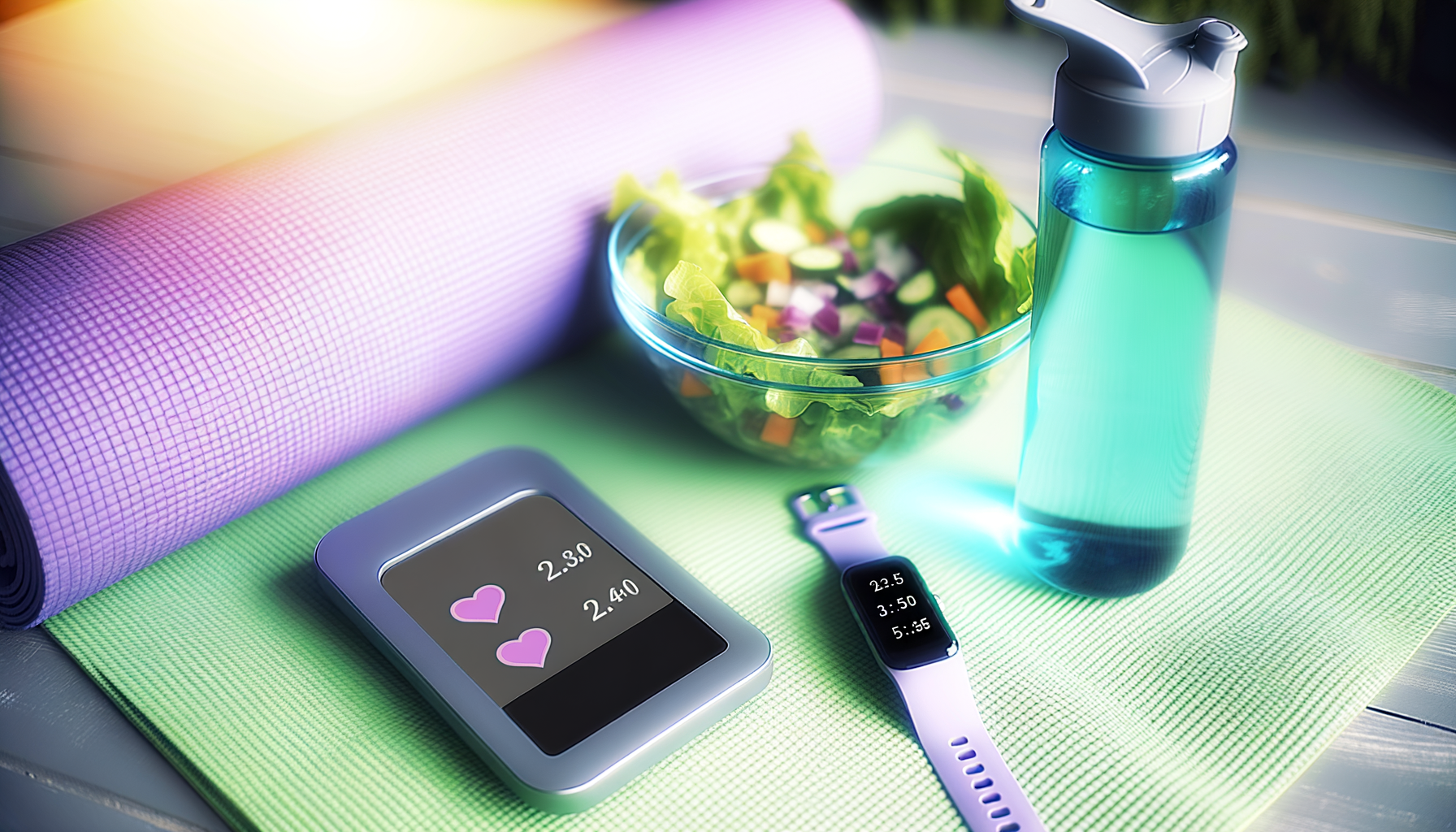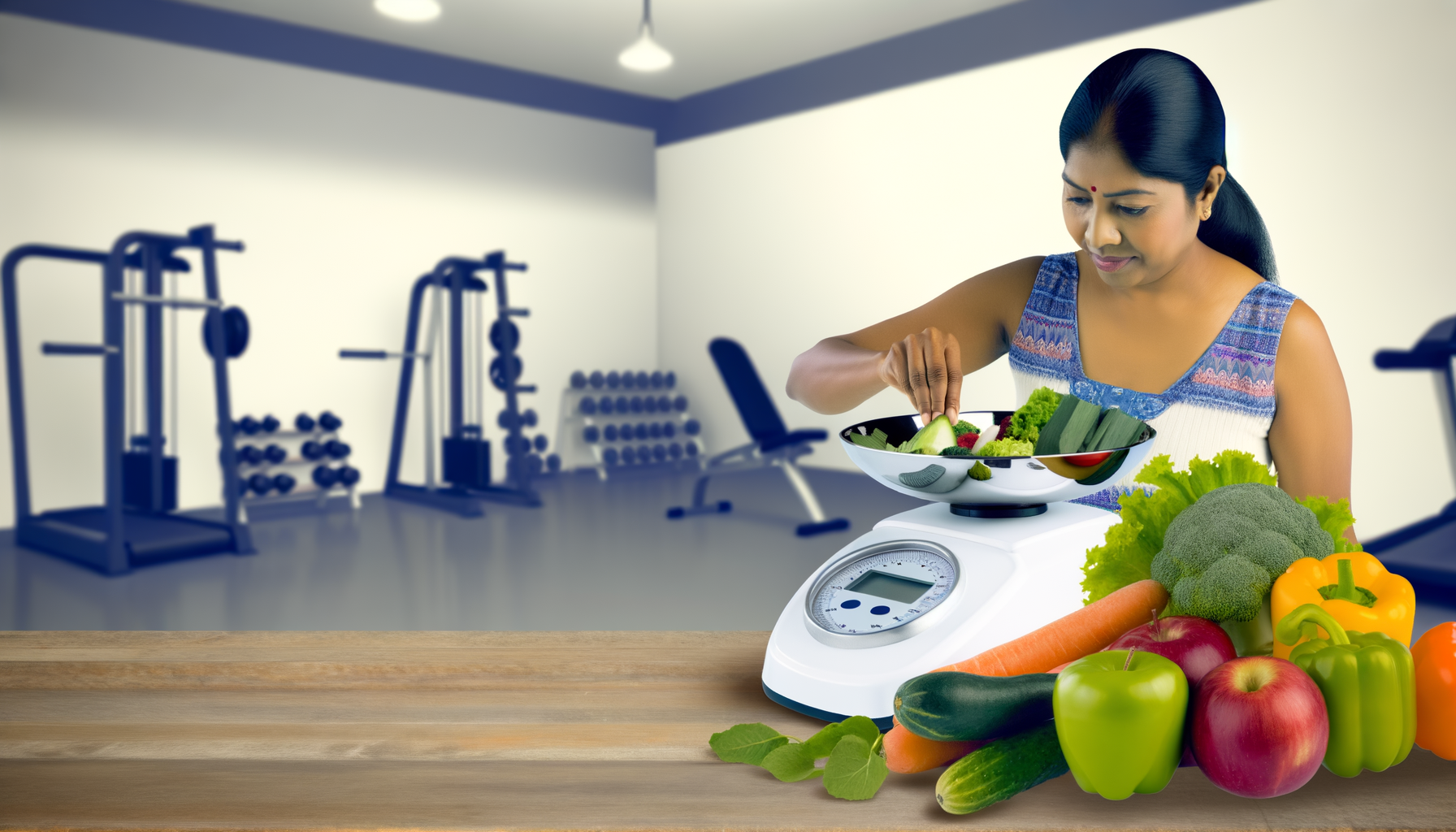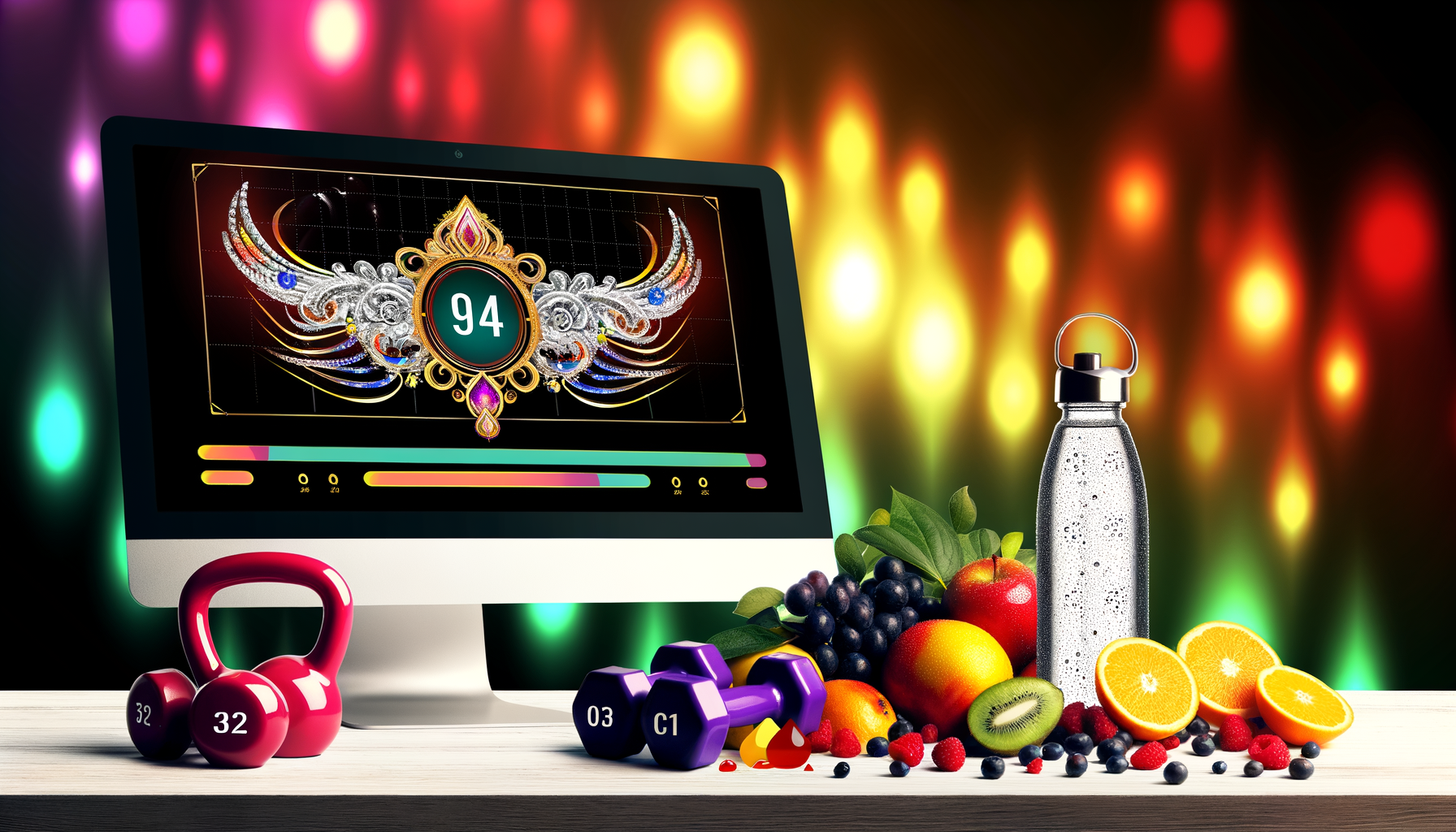Using Calorie Awareness to Support Clients with Eating Disorders
The Intersection of Calorie Awareness and Mental Health Support
When it comes to supporting clients with eating disorders, it is crucial to approach the topic with sensitivity and a deep understanding of the complex interplay between physical health and mental well-being. Calorie awareness, while often associated with weight management and fitness goals, can also play a significant role in the recovery process for individuals struggling with eating disorders. Here, we will explore how calorie awareness can be used in a supportive and non-triggering manner to aid in the recovery of clients with eating disorders.
Understanding Eating Disorders
Eating disorders, such as anorexia nervosa, bulimia nervosa, and binge eating disorder, are serious mental health conditions that require comprehensive treatment. These disorders often involve a distorted body image and an unhealthy relationship with food, which can lead to severe physical and emotional consequences. For those seeking help, resources like the National Eating Disorders Association can provide valuable guidance and support.
The Role of Calorie Awareness in Recovery
Calorie awareness, when managed carefully, can be a tool for recovery rather than a trigger. Here are some ways it can be beneficial:
Healthy Eating Habits: Educating clients about balanced nutrition and the importance of adequate calorie intake can help them develop healthy eating habits. This is particularly important for individuals who may have restricted their calorie intake to harmful levels. Tools like the WP Calorie Calculator can help clients understand their daily calorie needs without feeling overwhelmed or triggered.
Meal Planning: Calorie awareness can assist in meal planning, ensuring that clients are consuming enough calories to support their physical health. This can be done in collaboration with a nutritionist or dietitian who specializes in eating disorders.
Monitoring Progress: In a therapeutic setting, monitoring calorie intake can help track progress and ensure that the client is meeting their nutritional needs. However, this must be done with caution to avoid triggering obsessive behaviors.
Case Studies and Real-World Examples
Several case studies and real-world examples illustrate the effective use of calorie awareness in supporting clients with eating disorders:
A study published in the Journal of Eating Disorders highlighted the importance of nutrition education in the treatment of anorexia nervosa. The study showed that patients who received comprehensive nutrition counseling had better outcomes in terms of weight restoration and overall health.
A clinical example involves a client who was struggling with bulimia nervosa. As part of her treatment, she worked with a dietitian to develop a meal plan that ensured she was meeting her daily calorie needs. This approach helped her stabilize her eating habits and reduce the frequency of binge-purge episodes.
Best Practices for Implementing Calorie Awareness
To ensure that calorie awareness is used in a supportive and non-triggering way, several best practices should be followed:
Collaboration with Professionals: Work closely with mental health professionals, nutritionists, and dietitians who specialize in eating disorders. This multidisciplinary approach ensures that the client receives comprehensive care.
Individualized Plans: Develop personalized meal plans that take into account the client’s specific needs, preferences, and health goals. This can help avoid feelings of restriction or deprivation.
Focus on Nutrition Rather Than Numbers: Emphasize the importance of balanced nutrition over strict calorie counting. This helps shift the focus from numbers to overall health and well-being.
Regular Monitoring and Feedback: Regularly monitor the client’s progress and provide feedback in a supportive and non-judgmental manner. This can help build trust and ensure that the client feels supported throughout their recovery journey.
Resources and Tools
Several resources and tools can aid in the implementation of calorie awareness for clients with eating disorders:
WP Calorie Calculator Plans offer a range of features that can be tailored to meet the specific needs of clients with eating disorders. These plans can help clients and their healthcare providers track calorie intake in a way that is both informative and non-triggering.
Nutrition counseling services, such as those provided by registered dietitians, can offer personalized guidance on healthy eating habits and meal planning.
Online resources like the National Eating Disorders Association provide valuable information, support groups, and treatment options for individuals struggling with eating disorders.
Conclusion and Next Steps
In conclusion, calorie awareness can be a valuable tool in supporting clients with eating disorders when used thoughtfully and in conjunction with comprehensive mental health support. By focusing on balanced nutrition, individualized meal planning, and regular monitoring, healthcare providers can help clients develop healthy eating habits that support their overall recovery.
If you are a healthcare provider looking to integrate calorie awareness into your treatment plans or a client seeking support, consider the following next steps:
Consult with a multidisciplinary team of professionals, including mental health specialists, nutritionists, and dietitians.
Utilize tools like the WP Calorie Calculator to help clients understand and manage their calorie intake in a healthy and supportive way.
Seek out resources and support from organizations such as the National Eating Disorders Association.
By taking these steps, you can create a supportive environment that fosters recovery and promotes overall well-being for clients with eating disorders.











